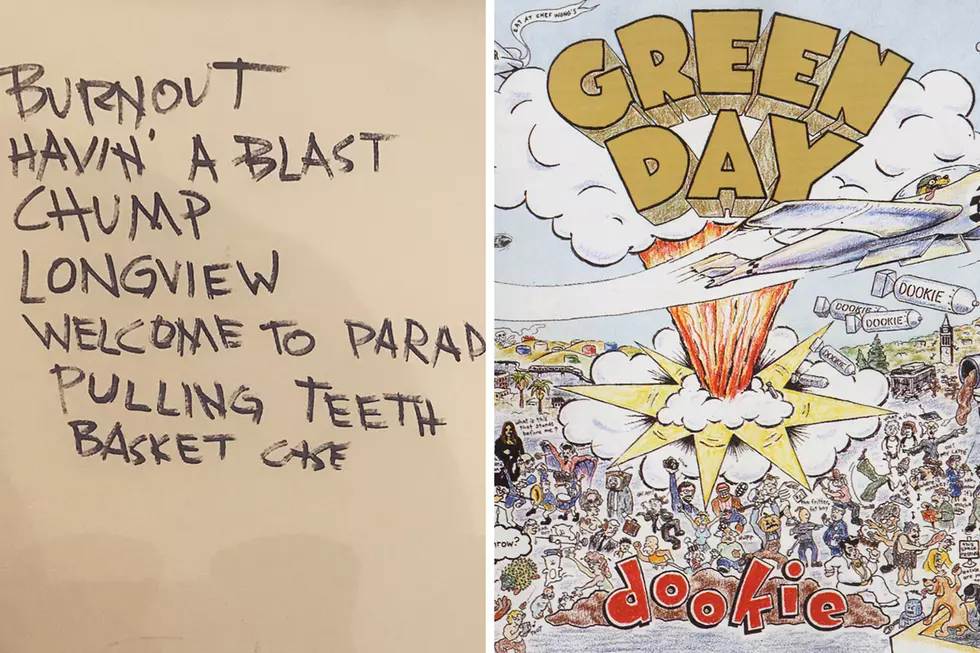
19 Years Ago: Green Day’s ‘Dookie’ Album Released
Up until they released ‘Dookie’ on Feb. 1, 1994, Green Day were destined for a short, unheralded career as pop-punk never-rans with a pair of indie albums that didn’t make much noise outside of their Berkeley backyard. But that all changed after they signed with a major label, hooked up with a producer who wasn’t afraid of selling a few records and zeroed in on a set of songs that captured how 97 percent of pot-smoking, masturbating teenage boys spent their day.
Of course, it helped that mainstream music fans were in the middle of a heated love affair with modern rock at the time. But singer, songwriter and guitarist Billie Joe Armstrong’s terrific songs made sure that Green Day would have a longer shelf life than Toad the Wet Sprocket. There’s hardly a dud in in the whole bunch.
‘Dookie,’ which celebrates its 19th anniversary today, ended up selling more than 16 million copies worldwide and spawning five hit singles, three of which topped the modern-rock chart: ‘Longview,’ ‘Basket Case’ and ‘When I Come Around.’ The album made it all the way to No. 2 in a year dominated by Boyz II Men and ‘The Lion King’ soundtrack.
Remarkably, Green Day didn’t just stick to the tried-and-true pop-punk template on their path to victory. ‘When I Come Around’ shuffled around a snaky rhythm that owed more to bottom-heavy classic rock than tinny punk. And ‘Longview’ pushed the quiet-loud-quiet dynamic into a place that was dominated by more than just churning guitar chords.
Green Day got more ambitious over the years (two rock operas and a recent trilogy now make up the bulk of their catalog), but they never mattered more than they did on their breakthrough record, a pop-punk milestone that still carries massive weight.
Watch Green Day's Video for 'Longview'
More From Diffuser.fm









